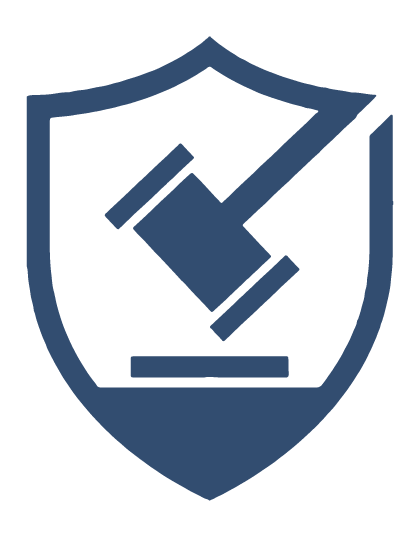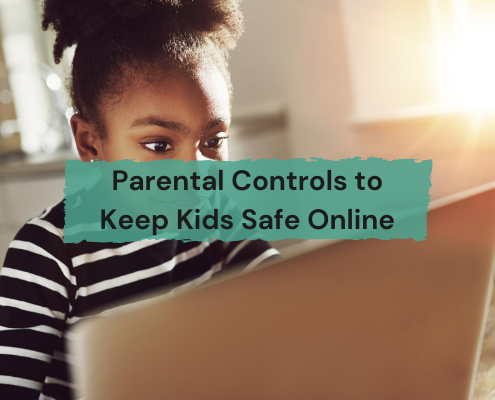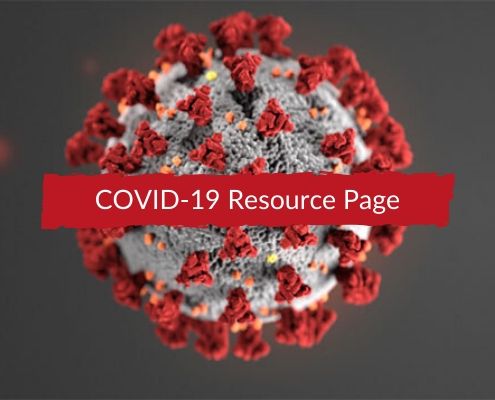COVID-19 Relief Payment Advice

Beware of scammers who want to steal your coronavirus stimulus payment or personal information. Scammers know the government is sending out relief money and they’re cooking up scams to trick you out of your payment or steal your personal information. Ignore calls, texts, and emails about stimulus payments from the government.
January 4, 2021 Update:
The IRS has begun delivering a second round of Economic Impact Payments to millions of Americans who received the first round of payments in 2020.
The initial direct deposit payments were scheduled to arrive on or around December 29 and are continuing through the week of January 4. Paper checks were scheduled to begin being mailed Wednesday, December 30.
The IRS emphasizes that there is no action required by eligible individuals to receive this second payment. Some Americans may see the direct deposit payments as pending or as provisional payments in their accounts before the official payment date of January 4, 2021. The IRS reminds taxpayers that the payments are automatic, and they should not contact their financial institutions or the IRS with payment timing questions.
As with the first round of payments under the CARES Act, most recipients will receive these payments by direct deposit. For Social Security and other beneficiaries who received the first round of payments via Direct Express, they will receive this second payment the same way.
Anyone who received the first round of payments earlier this year but doesn’t receive a payment via direct deposit will generally receive a check or, in some instances, a debit card. For those in this category, the payments will conclude in January. If additional legislation is enacted to provide for an additional amount, the Economic Impact Payments that have been issued will be topped up as quickly as possible.
Important information about the payments:
1. You may not need to do anything to receive the payment. As long as you filed taxes for 2018 and/or 2019, the federal government likely has the information it needs to send you your money. Social Security recipients and railroad retirees who are otherwise not required to file a tax return also do not need to do anything to receive their money. If you otherwise have not filed taxes recently, you may need to submit a simple tax return to get your check.
2. Do not give anyone your personal information to “sign-up” for your relief check. There is nothing to sign up for. Anyone calling to ask for your personal information, like your Social Security number, PayPal account, or bank information is a scammer, plain and simple. Also be on the lookout for email phishing scams, where scammers pretend to be from the government and ask for your information as part of the “sign-up” process for the checks.
3. To set up direct deposit of your check, communicate only with the IRS at irs.gov/coronavirus. And you only need to do this if you didn’t give the IRS your bank information on your 2018 or 2019 return.
4. To get official updates and more information, visit the IRS’s page on economic impact payments. And if you come across a scammer trying to take your check, we want to hear about it. Report it to your state or territorial attorney general.
5. If someone has stolen your stimulus check or identity, report it to the FTC and IRS here.








